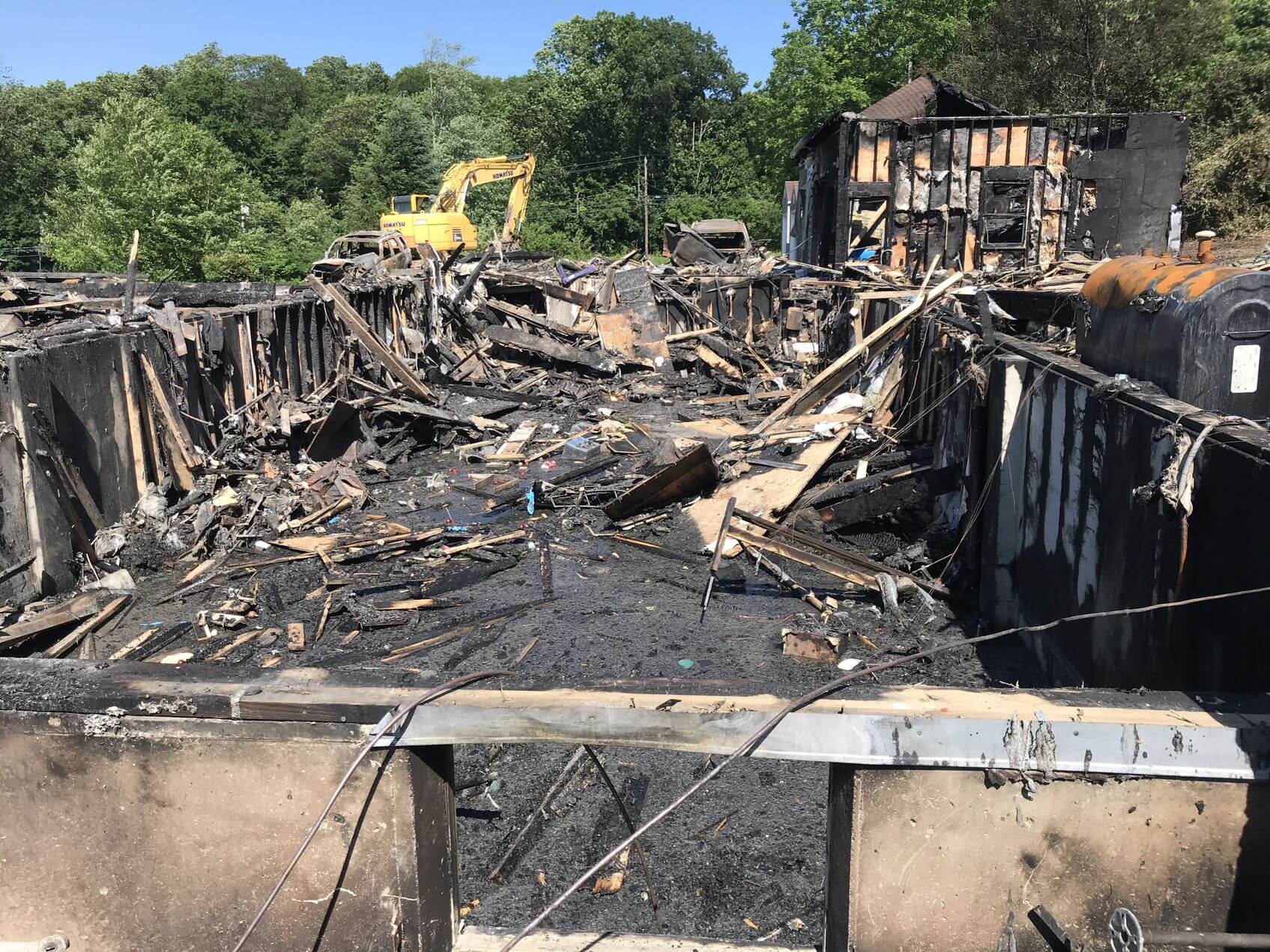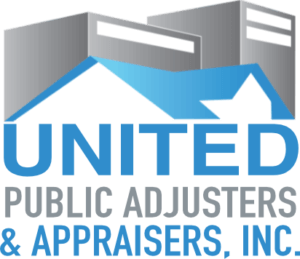
If you’ve experienced a major property loss due to fire, water, or storm damage, you will definitely have a lot of questions as to next steps, especially when dealing with the insurance company on your own to submit fire damage claims and water damage claims.
Most insurance policies range from 50 to 100 pages and include both insurance and legal language that can be tough to understand unless you are an experienced insurance professional or lawyer. Typical terms within an insurance policy include Replacement Cost Value (RCV) and Actual Cash Value (ACV). While some insurance policies provide definitions for these terms, others don’t.
Replacement Cost Value means the amount of money it would cost to rebuild your damaged home with similar quality workmanship and building materials within the same location. Actual Cash Value is what the insurance company will pay you after deducting depreciation, based on the age and condition of your home prior to the loss.
It’s important to purchase Replacement Cost Value Coverage as you will be entitled to collect the withheld recoverable depreciation after you repair or replace the damaged property and provide proof of repairs including contractor and material invoices to the insurance company. If you don’t purchase Replacement Cost Value coverage, you will not collect the depreciation, which means you will not have enough monies to repair or replace your home. Typically, homeowners who have Replacement Cost Coverage tend to repair their damaged homes at their existing locations, but what if you don’t?
There are many reasons why homeowners don’t want to repair or rebuild at the same location, which include:
- You didn’t receive enough money from your insurance company.
- Land is declared unusable by a civil authority.
- Prior to the damage, you were about to sell your home to either downsize, upgrade, or move to a different neighborhood or State.
- The rebuild process is stressful and too long.
- It doesn’t make financial sense to repair or rebuild based on local market conditions.
Can I Collect the Recoverable Depreciation If I Decide to Repair or Rebuild at a Different Location?
Generally, you can collect the depreciation from your insurance company if you decide to rebuild or purchase a home at a different location, but having a licensed public adjuster to review your insurance policy language is a must!
Prior to considering this question, the first priority is to ensure that your insurance company properly compensates you for all of your building damages. Our team, United Public Adjusters & Appraisers, Inc. (UPA) are subject-matter experts within the insurance industry that solely represent homeowners, NOT insurance companies. Our goal is to ensure you get a fair, speedy, and maximum claim settlement, so you can make informed financial decisions. Having a public adjuster on your side will only streamline the fire and water damage claims process, as we have a team of damage cost estimators who understand local market conditions, especially with the rising costs of construction materials and labor shortages.
Within your insurance policy, it contains a “Loss Settlement” provision where it outlines how the claim will be paid based on policy conditions, including a condition that your home must be insured to value prior to the loss. Furthermore, you have to see what timelines exists before the insurance company states you can no longer pursue the RCV benefits.
Homeowners can collect the Replacement Cost Benefits for damages to their home by purchasing a new home at a different location, as long as the cost is the same or higher than the cost to repair your home at the same location (based on your RCV claim settlement). Of course, if you spend more money than your RCV claim settlement, the insurance company will not pay you more. Prior to purchasing a new home, we recommend providing documentation to support the proposed costs of the new home, as the last thing you want to have is a dispute with your insurance company after the closing. Separately, we’ve seen clients who spent less than the RCV on their homes purchase at a different location, but made up the difference by making cosmetic repairs at the new location. We then calculated all of the expenses (new home purchase and repairs) and submitted to our clients’ insurance company in which the RCV claim benefits were released. As you can see, there is a lot of paperwork involved in order to properly adjust a major property loss.
Each fire damage claim and water damage claim situation may vary depending on the insurance policy and State where the damage occurred. For this reason, please contact us for insurance claim help or questions, as we can be reached at 1-800-718-5677 (LOSS).
MY FREE CONSULTATION
"*" indicates required fields
